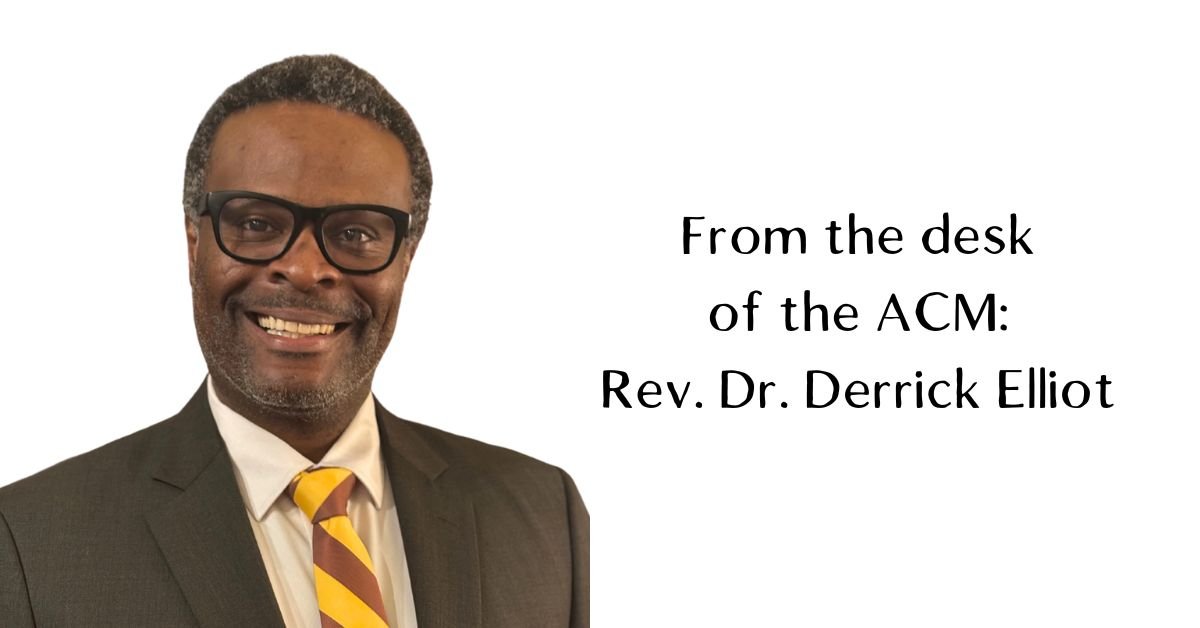February is Black History Month, a time to honor the achievements of Black leaders, reflect on the struggles for justice, and recognize how history still shapes our present. For the Church, this is more than a time of remembrance—it is a call to ask ourselves: Are we genuinely working toward racial justice, or are we standing on the sidelines?
Many of us think of racism as something obvious—hate speech, violence, or blatant discrimination. But racism also exists in quieter, more subtle ways. Passive racism happens when we fail to challenge injustice, ignore racial disparities, or avoid uncomfortable conversations. And while passive racism might seem harmless, it allows injustice to continue unchecked. It can look like avoiding discussions about race because they feel too political or uncomfortable. It can sound like saying, “I don’t see race,” as if ignoring differences makes injustice disappear. It happens when churches talk about unity without addressing the real pain of division. James 4:17 reminds us, “Anyone who knows the right thing to do and fails to do it commits sin.” Staying silent about racism isn’t neutrality—it’s participation.
A couple of weeks ago, the Gospel reading Luke 20:27-38- speaks to this challenge. The Sadducees try to trap Jesus in a theological debate, asking questions not to learn but to protect the way things have always been. Jesus doesn’t fall for it—He challenges their assumptions and expands their understanding of God’s power and justice. How often do we, like the Sadducees, resist difficult conversations because they make us uncomfortable? How often do we hold onto what is familiar rather than opening our hearts to a bigger, more just vision of God’s kingdom?
Jesus didn’t just comfort people—He confronted injustice. He stood with the marginalized, called out hypocrisy, and turned systems of power upside down. If we claim to follow Him, then we must do the same. The United Church of Christ’s Manual on Ministry reminds us that ministers are called to “identify and work to overcome explicit and implicit bias in the life of the Church.” That means we can’t just acknowledge racism exists—we have to work against it actively.
Black History Month is more than a time to reflect—it’s a call to action. The United Church of Christ has a history of breaking barriers in racial justice, yet the work is far from over. We must honor the Black leaders who shaped our denomination and challenge ourselves to continue in their footsteps. Rev. Lemuel Haynes, the first Black minister ordained by a mainstream Protestant denomination, fiercely advocated abolition and racial justice. Rev. Yvonne Delk, the first Black woman ordained in the UCC, has spent her career fighting for racial and economic justice. The first African American to serve as Executive Director of the United Church Board for Homeland Ministries, Rev. Charles Cobb, helped shape the denomination’s racial justice initiatives. These leaders did not settle for passive faith. They challenged systems, broke barriers, and demanded justice, embodying the Gospel’s radical call to liberation.
If we genuinely want to honor Black History Month, we must move from passive remembrance to active change. That starts with examining our biases, preaching about justice, and ensuring our churches are genuinely inclusive spaces. We can begin by listening to Black voices, bringing conversations about race into our sermons and Bible studies, and taking concrete steps to challenge the inequalities around us.
Luke 20 reminds us that faith is not about maintaining the status quo—it’s about transformation. As we observe Black History Month, may we do more than remember the past. May we build a future where everyone’s stories are honored, pain is acknowledged, and dignity is upheld. Because in God’s kingdom, silence is not an option.

